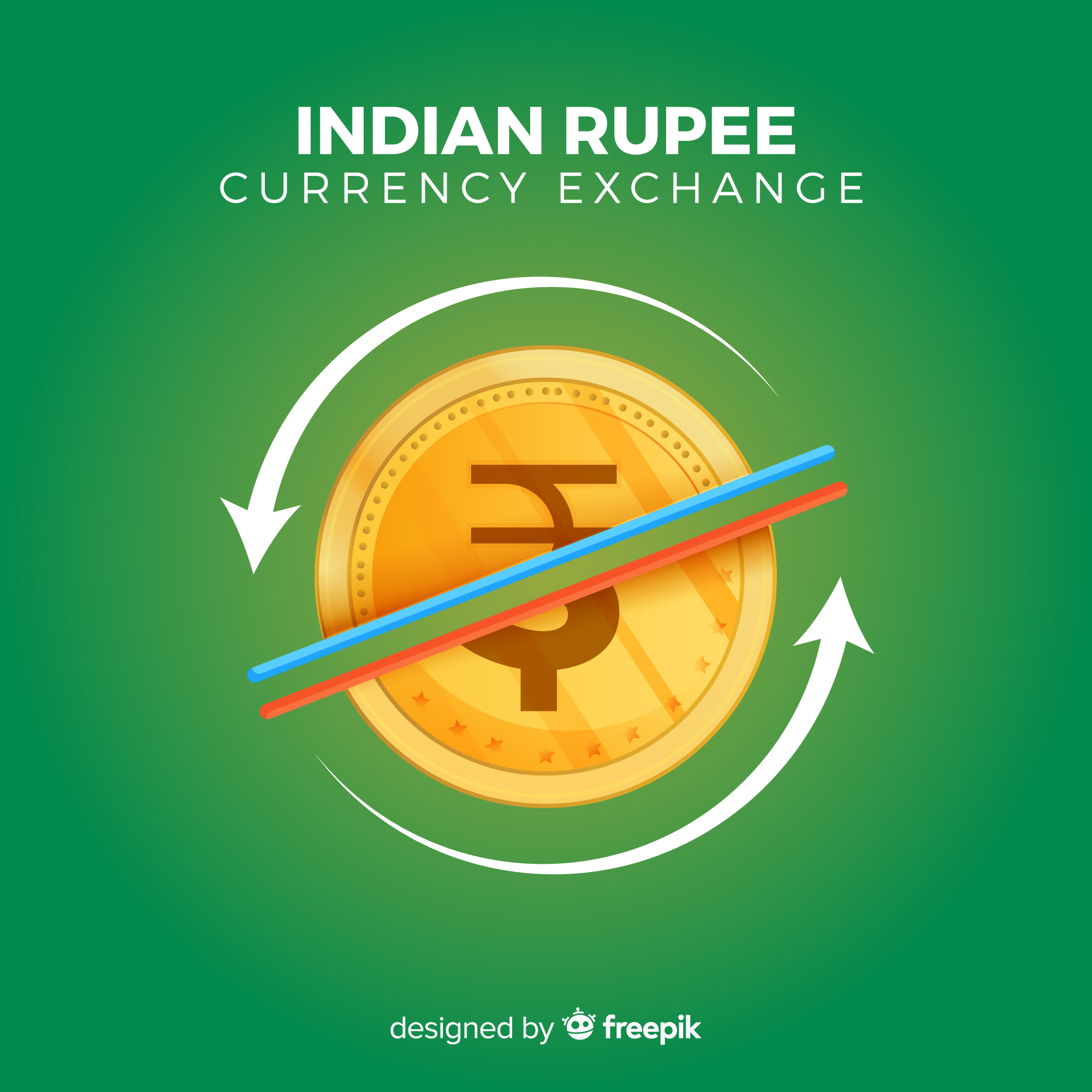
Government & Regulations
Rupee Settlement Reform Set to Strengthen UAE–India Trade Ties
A senior trade and investment official has hailed India’s latest rupee trade reform as a “game changer” poised to deepen economic ties between the UAE and India. The policy shift is expected to accelerate non-oil trade between the two nations, with projections indicating that bilateral trade could surpass the $100 billion milestone well before 2030—a goal that seemed unattainable only a few years ago.
The Reserve Bank of India (RBI) announced on August 5 that Indian Category-I Authorised Dealer (AD) banks can now open Special Rupee Vostro Accounts (SRVAs) for foreign banks with existing correspondent relationships, without requiring prior approval.
What is an SRVA?
An SRVA is a designated account enabling foreign banks to hold Indian rupees and process trade payments directly with India. Until this reform, prior approval from the RBI was mandatory—an obstacle that industry leaders say has now been removed, paving the way for more seamless local currency settlements.
Boost to Cross-Border Trade
UAE-based Indian business leaders have welcomed the reform, citing its potential to reduce costs, expedite transactions, and strengthen the trade corridor.
Mohamed Haris, Chairman of Alhind Group, described the move as a “positive step” toward reinforcing cross-border trade efficiency, while Rohit Bachani, Co-founder and CEO of Merlin Group, highlighted the benefits of expanding rupee usage in international trade and simplifying settlement processes.
Historic Economic Links
The senior official underscored the deep-rooted economic ties between the two countries, noting the Indian rupee’s historic use in the Emirates. “This reform builds on a long tradition of economic partnership,” he said, adding that it will enhance competitiveness, especially for Indian exporters.
Other industry voices pointed to the UAE’s strategic advantages, including its favourable business environment and re-export capabilities. John Thomas of JV Thomson Chartered Accountants noted that the reform could attract Indian manufacturers seeking to bypass higher US tariffs by relocating operations to Gulf countries.
Future Growth Outlook
The UAE is already home to more than 75,000 Indian companies registered with the Dubai Chamber of Commerce. Analysts expect this figure to rise significantly as businesses look to leverage the benefits of rupee settlement, the Comprehensive Economic Partnership Agreement (CEPA), and reduced tariff exposure.
According to India’s Ministry of Commerce, the UAE is India’s third-largest trading partner, with bilateral trade valued at $83.6 billion in 2023–24. Non-oil trade reached $65 billion in 2024, driven by CEPA, which reduced tariffs on most goods and allowed many products to enter the UAE duty-free.
Banking analysts suggest that integrating payment systems, card networks, and payment messaging between the UAE and India will be essential to fully realise the benefits of this landmark policy change.